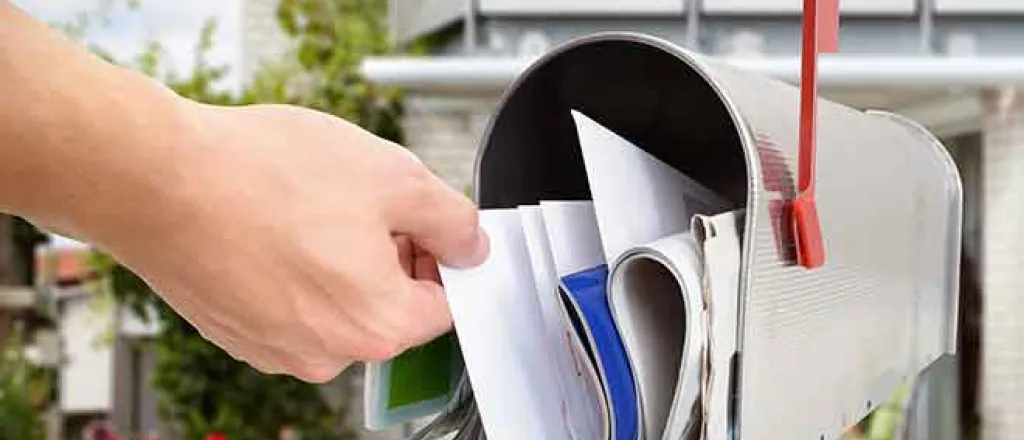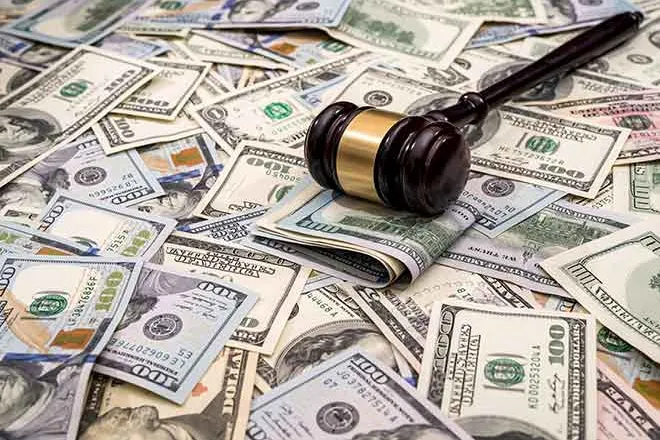
Opinion - Corn Farmers Already Play a Role in Governor’s Environmental Initiatives
It will no doubt take a wide array of resources and strategies to achieve the clean air and water initiatives outlined in Gov. John Hickenlooper's executive order this month. Thankfully, the state's grain corn farmers and biofuels industry are already making a difference, and are proud to be a part of the efforts needed to achieve Hickenlooper's vision of Colorado utilizing "renewable" and "affordable energy."
While ethanol has been demonized for decades by special interests, scientific studies continually prove ethanol is a resounding success – not only for energy independence and strengthening rural economies, but also in making our air cleaner.
Oxygenating gasoline is required under Clean Air Act amendments, and ethanol – with its clean-burning qualities – has long been regarded as the best additive for that. For years, adding 10 percent ethanol to gasoline (or E10) has helped many cities achieve Clean Air requirements they otherwise could not. In fact, in 2016, ethanol was credited with lowering CO2-equivalent greenhouse gas emissions from transportation by 43.5 million metric tons – akin to removing 9.3 million cars from our roads.
Biofuels like ethanol also displace cancer-causing gasoline additives, like benzene – the same chemical found in cigarette smoke.
And while ethanol opponents continue using outdated farming practices and figures in attempt to show that ethanol production requires more energy than it produces, that's simply not true. Ethanol actually has a positive energy balance – not negative. According to a comprehensive analysis from the U.S. Department of Agriculture (USDA), one unit of energy invested in corn ethanol creates 2.3 units of usable energy, and the process is becoming more efficient.
Furthermore, Gov. Hickenlooper talked about "affordable energy" during his recent speech, and again my thoughts turned to ethanol. The increase in overall fuel supplies from ethanol being blended with gasoline has helped lower prices at the pump, by anywhere from 50 cents to $1.50 per gallon.
Along with our fuel supply, grain corn is replacing petroleum-based products in many industries – from biodegradable plastic containers to carpet – that are compostable, renewable and better for the environment. Reebok is now actually using corn to make the soles of its shoes.
In addition to ethanol and the many positive impacts of various grain corn uses, farmers themselves belong at the table of clean air and water discussions, as they continue meeting the world's demands for more food, fuel and fiber, while also discovering new and more sustainable methods of doing it.
In regards to environmental progress, I like to point out the comprehensive 2012 Field to Market Report, which showed that U.S. corn farmers increased bushels per acre, or yields, by 64 percent from 1980 to 2011. Yet also during that same timespan, land use per bushel decreased by 30 percent; energy use per bushel fell 44 percent; water use per bushel dropped 53 percent; soil erosion per bushel went down 67 percent; and greenhouse gas emissions per bushel decreased 36 percent.
And while much progress has been made, organizations like the Colorado Corn Administrative Committee and many others continue investing dollars, time and other resources toward endeavors evaluating various aspects of sustainability in agriculture.
There's also grain corn itself, and what the crop contributes environmentally. Because of how it stores carbon, each acre of corn actually removes eight tons of harmful greenhouse gas from the atmosphere – more than your car produces annually.
There are more environmental benefits that grain corn, ethanol and farmers bring to the table, which I don't have space to list here.
But I hope this snapshot at least helps explain why they belong in the "solutions" column for meeting the state's ambitious goals recently outlined.















